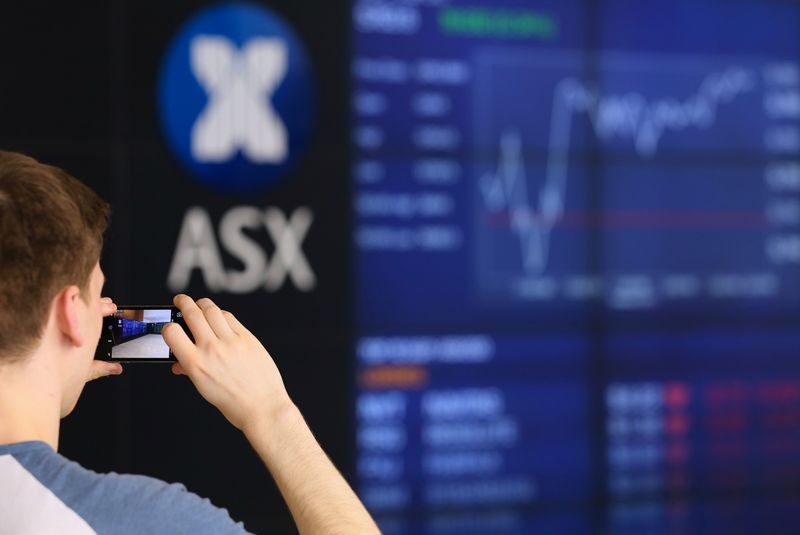This post was originally published on this site

SYDNEY (Reuters) – Asian share markets took a breather on Wednesday as a resurgence of coronavirus cases challenged market confidence in a rapid economic recovery, even as the rebound in U.S. retail sales in May broke all records.
Geopolitics also lurked as a worry with India reporting 20 of its soldiers had been killed in clashes with Chinese troops at a disputed border site.
North Korea rejected a South Korea offer to send special envoys and vowed to send back troops to the border.
It was enough to inject a note of caution into trading and Japan’s Nikkei eased 0.7%, after jumping almost 5% on Tuesday for its biggest daily gain in three months.
MSCI’s broadest index of Asia-Pacific shares outside Japan went flat, having climbed 2.8% the previous day, with most markets across the region little changed.
E-Mini futures for the S&P 500 dipped 0.2% and EUROSTOXX 50 futures eased 0.1%.
That followed a robust session on Wall Street overnight. The Dow ended Tuesday up 2.04%, while the S&P 500 gained 1.90% and the Nasdaq 1.75%.
Hopes for recovery had been bolstered by data showing U.S. retail sales jumped by a record 17.7% in May, recovering more than half the losses of the previous two months, though industrial output still lagged.
The Trump administration was also reportedly preparing an up to $1 trillion infrastructure package, something that was initially promised more than three years ago.
“There is little doubt that the global economy bottomed in April and is poised to post record-high growth rates over May and June, strongly lifting 3Q GDP above its 2Q trough,” wrote economists at JPMorgan (NYSE:JPM).
“But questions about the extent of lasting damage will have to wait for a number of months before being resolved.”
Federal Reserve Chair Jerome Powell cautioned that output and employment would remain well short of their pre-pandemic levels for a long time, so there was a “reasonable probability” that more policy support would be needed.
Sentiment got an added boost from news trial results showed a cheap and widely used steroid reduced death rates among the most severely ill COVID-19 patients.
Yet the virus continues to spread as infections hit record highs in six U.S. states, and Beijing struggled to contain a fresh outbreak in the Chinese capital.
All the talk of recovery took some of the shine off sovereign bonds, with U.S. 30-year yields up at 1.53% having risen by the most in a month on Tuesday.
That in turn helped the U.S. dollar bounce a modestly from recent three-month lows to stand at 97.063 against a basket of currencies.
The euro eased back to $1.1266 from its recent top of $1.1422, while the dollar was sidelined on the Japanese yen at 107.25.
In commodity markets, gold was stuck at $1,725 and well within the $1,670/$1,764 range of the past few weeks.
Oil prices were pulled back by an increase in U.S. crude inventories, having climbed 3% on Tuesday after the International Energy Agency (IEA) raised its oil demand forecast for 2020.
Brent crude futures slipped 59 cents to $40.37 a barrel, while U.S. crude lost 72 cents to $38.38.


